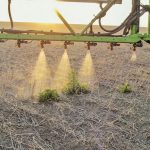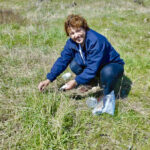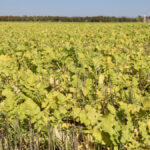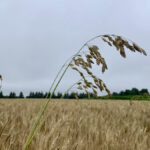Tag Archives weeds

Green-on-green spray technology puts weed control on near horizon
In-crop selective spraying technology is showing promise

Managing herbicide-resistant weeds in corn
Planning and variety in rotations is a large factor, but cover crops and herbicide programs help too

‘Stacking’ of row-crop tillage shows promise
Three modes of action monitored in organic crop study

Can drones replace self-propelled spraying equipment?
Drones can help improve product application and provide better results

Weeds may compound effects of climate change impact
Study says corn yields are expected to be reduced as weeds compete for fewer water resources in the American Midwest

There’s foreign workers in the bug world, too — and they attack weeds
Bringing in weed-attacking pests is a laborious process but it’s often the only option for pastures

Shocking weeds into submission
The Weed Zapper uses electricity to mortally injure weeds

Covering up weed seeds
Input savings, soil health are among the benefits of cover crops

VIDEO: Water hemp weed management
Field Talk with Chris Snip

Grassy weeds in winter wheat at harvest
OMAFRA Field Crop Report for July 28
